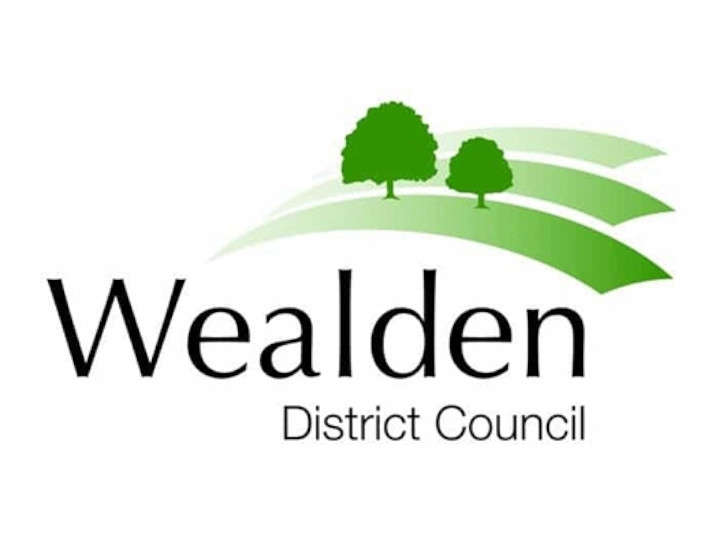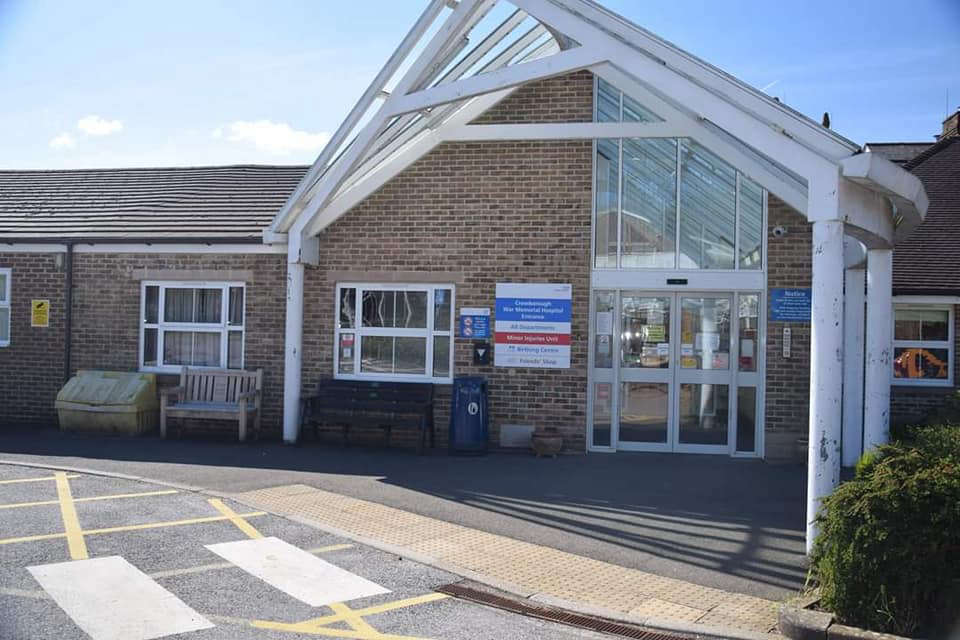
The projected financial prospects of any newly created unitary councils in East Sussex has prompted Wealden District Council’s lead members to pause their commitment to the One East Sussex Model being developed by East Sussex and district and borough councils, whilst they explore other options available to them.
Councillor James Partridge, Alliance for Wealden (Liberal Democrat) lead councillor for Governance, Waste & Local Economy and leader of the council, said, “The point of reorganising local government would surely be to make savings and improve service delivery for our residents. We have yet to find a proposal which does either of those things and find ourselves struggling to support a business case that would see the new local authority plummet into debt from day one, whilst also being so vast that local services for our residents, especially those in rural areas, are bound to suffer.”
Whilst Wealden has been collaborating with other local authorities across East Sussex in the development of a business case for a county wide merger, it is only recently that the data analysis made clear that this would start from day one with an almost £50million deficit.
Wealden has always supported the development of a One East Sussex Council proposal in light of requests for proposals for local government reorganisation in East Sussex and Brighton, but has also made a clear commitment to remain open to exploring other options and other models, especially if government guidance changed. Initially the government specified guidance that unitary councils should have populations of around 500,000 but has since dropped that requirement and allowed proposals for smaller unitaries to be accepted.
A county-wide survey on local government reorganisation in East Sussex, undertaken earlier this year, showed that whilst almost half of residents in East Sussex thought a single unitary council for East Sussex could provide cost savings; when asked about any concerns about a single unitary council, again almost half of residents were concerned at losing local representation.
A quarter of residents thought a single unitary council for East Sussex covered too big an area. There were also strong concerns about how a large single unitary could retain any sense of local identity and whether it would provide enough local political representation. What came out clearly from all the consultation is that high quality services matter the most – local residents are more concerned about services than about local government structures.
Councillor James Partridge, Alliance for Wealden (Liberal Democrat) lead councillor for Governance, Waste & Local Economy and leader of the council, said, “We have to get the best outcome we can for our residents. We are not saying no to the One East Sussex proposal but we want to be sure that this is the best option available and so we have taken this pause while we see what other models are being developed.
“Wealden deserves services that work, not another costly shake-up. When Wealden District Council agreed to look at options for a single East Sussex unitary, it also left the door open to smaller unitaries across Sussex. We have always believed that smaller councils likely serve communities better. Unitaries of around 300,000 residents would mean fairer voices and services that can be designed around the different needs of towns, villages and rural areas.”
Councillor Rachel Millward, Alliance for Wealden (Green Party) and lead councillor for Community, Culture and Communications and deputy leader of the council, said, “Let’s be clear: reorganisation won’t fix council finances. In fact, it risks being expensive, disruptive and with no obvious gain. When surveyed, residents told us loud and clear that quality of services matters most. That’s why we’re saying, focus on the right geographies for the best services, demand that the Fair Funding Review ends the unfair gap between councils and secure proper solutions for essentials like social care and housing. Communities need councils that can deliver - not another round of musical chairs in local government.”
If a single East Sussex is formed it would become a £1.17 billion business. Taking into account all six councils’ budget forecasts going forward, it is forecast that any new One Sussex authority on 1 April 2028, the date when all councils would come together, would start with an annual deficit of £49m which over the first five years would rise to £61m.
 Ashdown Radio Sport
Ashdown Radio Sport
 Charity supports with digital activities and online groups
Charity supports with digital activities and online groups
 Residents Reminded to Save the Dates for This Year’s Summer Celebrations
Residents Reminded to Save the Dates for This Year’s Summer Celebrations
 Western Road Recreation Ground to Become Home of New Town Beacon
Western Road Recreation Ground to Become Home of New Town Beacon
 Mims Davies MP joins RSPCA urging the Government to publish timeline for implementing new Animal Welfare Commitments
Mims Davies MP joins RSPCA urging the Government to publish timeline for implementing new Animal Welfare Commitments
 Vehicle seized by police in Eastbourne during patrol around town
Vehicle seized by police in Eastbourne during patrol around town
 East Grinstead primary school teacher charged with sexual assaults
East Grinstead primary school teacher charged with sexual assaults
 Crowborough Birthing Centre 'closed until May' amid review
Crowborough Birthing Centre 'closed until May' amid review



